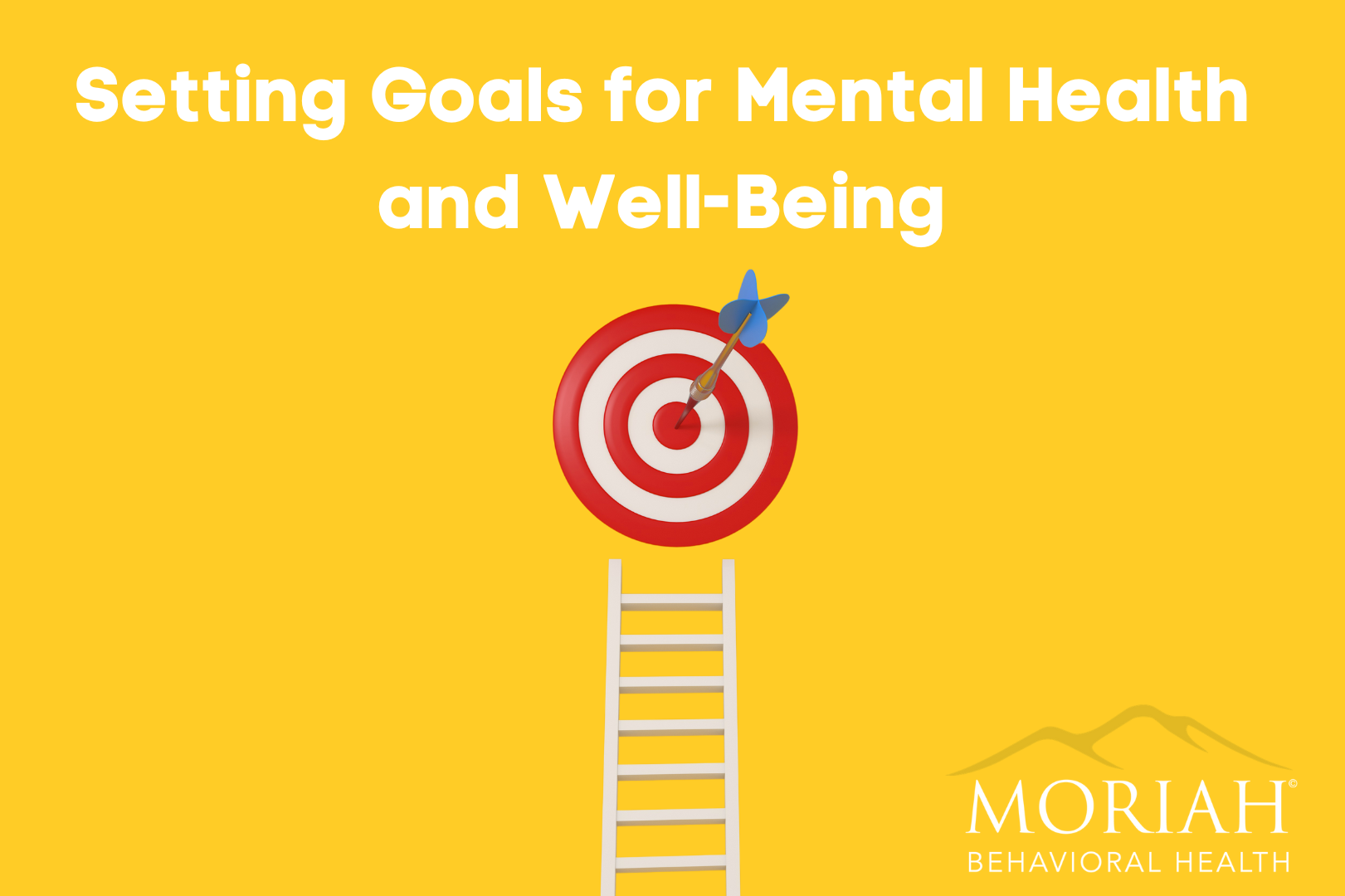Achieving and maintaining good mental health often requires intentional effort and thoughtful planning. One of the most effective tools for improving mental well-being is goal setting. By breaking down your aspirations into tangible, actionable steps, you can create a road map toward a healthier and more balanced mind. Let’s explore the power of goal setting, how it can improve mental health, and practical strategies to make it work for you.
Why Setting Goals Matters for Mental Health
Goals are more than just milestones—they offer structure, purpose, and direction. For those facing mental health challenges, setting clear goals can provide motivation and a sense of accomplishment, even on tough days. Goals act as a guiding light, helping you stay focused and grounded as you work toward personal growth and positive change.
When aligned with your values and mental health needs, goal setting becomes a powerful form of self-care. While the process may feel overwhelming at first, breaking it into manageable steps can make an incredible difference.
Defining SMART Goals for Mental Health
The SMART framework is an excellent way to create meaningful and achievable goals. This method ensures that your objectives are clear and well-structured. Here’s how SMART goals work:
- Specific: Clearly define what you want to achieve. Instead of saying, “I want to feel better,” set a specific goal like, “I will practice mindfulness for 10 minutes daily.”
- Measurable: Quantify your progress. Use numbers or benchmarks to track your success (e.g., “Exercise 3 times a week” rather than “Exercise more”).
- Achievable: Be realistic about what you can accomplish within your current circumstances. Aiming too high can lead to frustration; focus on manageable steps.
- Relevant: Make sure your goal aligns with your mental health needs and priorities. For example, prioritizing self-care might be more relevant than taking on additional responsibilities.
- Time-bound: Set a clear time-frame setting goals matters for mental health. A deadline helps you stay accountable and provides a sense of urgency.
By adopting the SMART approach, you can set goals that are both practical and inspiring, paving the way for a positive mental health routine.
How Goal Setting Improves Mental Well-Being
Goal setting offers several mental health benefits, including:
- Improved Focus: Setting goals helps you prioritize what truly matters, eliminating distractions and unnecessary stress.
- Sense of Purpose: Having clear objectives gives your life direction and fosters a sense of purpose.
- Boosted Confidence: Achieving small goals builds self-esteem and motivates you to keep going.
- Stress Reduction: Breaking tasks into smaller, manageable pieces makes challenges feel less daunting.
- Enhanced Resilience: By working through setbacks and adjusting goals, you develop a stronger, more adaptable mindset.
Strategies for Setting Realistic Goals in the Context of Mental Health
Mental health challenges can make goal setting more complex, so it’s essential to approach the process with compassion and flexibility. Here are some strategies to help you:
- Start Small
Begin with goals that feel achievable. For example, instead of committing to a daily workout, start with short walks a few times a week.
- Focus on What You Can Control
Set goals centered on your actions, not external outcomes. For instance, “I will dedicate 15 minutes to journaling each evening” is within your control, unlike goals tied to other people’s behaviors.
- Break It Down
Divide larger goals into smaller, actionable steps. If your goal is to improve sleep, start with steps like creating a consistent bedtime routine or limiting screen time before bed.
- Be Kind to Yourself
Understand that progress isn’t always linear. Give yourself grace during setbacks and celebrate small wins along the way.
- Ask for Support
Share your goals with a trusted friend, therapist, or support group. They can offer encouragement, accountability, and guidance.
Tracking Progress and Celebrating Achievements
Keeping track of your progress is crucial for staying motivated. Use tools like journals, apps, or habit trackers to record your efforts. Celebrate even the smallest milestones—you deserve to acknowledge how far you’ve come.
For example, if your goal is to increase daily water intake, reward yourself when you hit your target for the week. Small celebrations reinforce positive habits and make the process enjoyable.
Overcoming Setbacks and Adjusting Goals
Setbacks are a natural part of any growth process, and encountering them doesn’t mean you’ve failed. Here’s how to overcome them:
- Reflect Without Judgment: Instead of criticizing yourself, assess what went wrong and why.
- Adjust Your Goals: Modify your objectives to be more attainable if needed. It’s better to adapt than to give up.
- Seek Guidance: Consider working with a therapist or coach to help you reframe setbacks as learning opportunities.
Remember, resilience builds through challenges. Adjusting your goals is a sign of self-awareness, not defeat.
Start Your Goal-Setting Journey Today
Goal setting is a powerful way to take control of your mental health and create positive change. Start small, be kind to yourself, and remember that progress is a series of steps, not a single leap. Every goal you achieve, no matter how small, is a victory for your well-being.
If you’re ready to take the first step, grab a notebook, define your SMART goals, and start creating the life you deserve. Here’s to a healthier mind and a brighter future!
